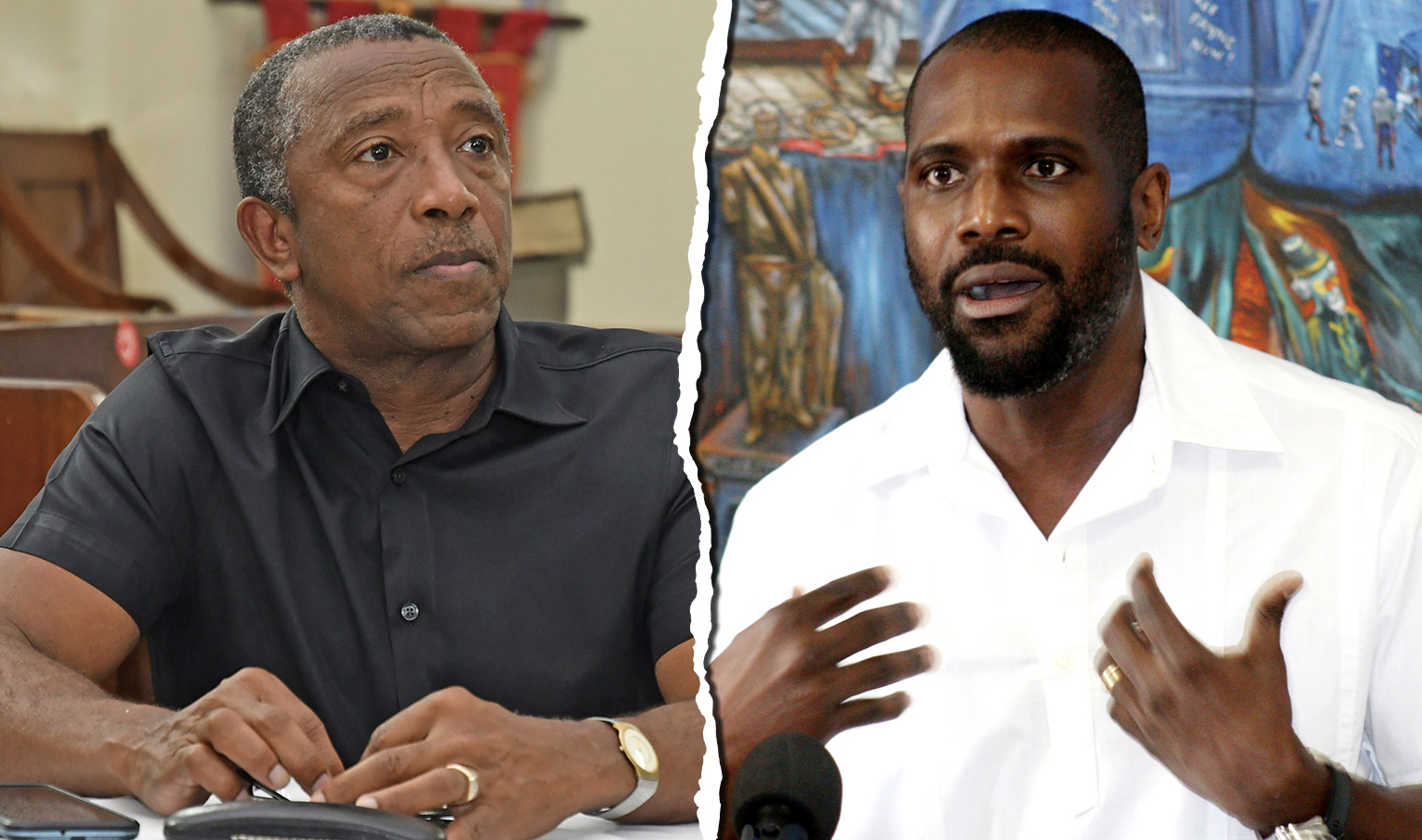DLP Internal Strife: No Confidence Motions Spark Leadership Battle

April 24, 2024
The Democratic Labour Party (DLP) faces internal divisions and leadership challenges. Power struggles between members have raised questions about the party's ability to provide effective opposition and governance.
Not for the first time, nor I dare say the last, the Democratic Labour Party (DLP) has nailed its political colours firmly to internal divisions and party partisanship. A recent no confidence motion by party stalwart Hartley Reid against president and party leader Dr Ronnie Yearwood followed by an “expression” of no confidence against Yearwood by assistant general secretary Pedro Shepherd serves only to reinforce my opening point. Add to this general secretary Steve Blackett’s motion of no confidence against political leader Ralph Thorne and one can easily conclude that the DLP has no confidence in itself.
Even to those not of inquiring mind, it is not hard to see that this is indeed a battle for power and influence at the heart of the DLP establishment fuelled by groupings and fractions that coalesce behind either Thorne or Yearwood. This is no small matter. A house divided cannot stand; you cannot have two cooks in the same kitchen, and so on and so forth. Analogies aside, you cannot have dual leadership in a political party so this will have to be resolved one way or another.
My point here is this. The DLP would invite us to believe that they are once again a credible opposition fit to fight an election, fit to govern. The proof of this can be found nowhere in the proverbial pudding, and believe you me, I have checked. They would also have us believe that Thorne’s ascent to opposition leader has somehow made our political system more democratic. Once again, the picture they seek to paint is completely at odds with reality and for my part, I relish this opportunity to set a very different scene.
Far from enhancing democracy, Thorne’s membership has threatened the internal democratic functioning of the so-called “Democratic” Labour Party as Yearwood, who was democratically elected by their membership, must now fend off constant challenges to his leadership from supporters of the unelected Thorne. Not only does this undermine their democratic process, it also distracts from that party’s duty to counterbalance government policy and in so doing, lays waste to the very notion of effective opposition politics.
But notwithstanding the poor handling of their internal affairs, I would like to take this opportunity to congratulate them, at the very least, on their consistency; the consistency of failing to offer the public a viable electoral alternative. This more so than anything is the true threat to our democracy and the blame for this now lies squarely at the feet of that once great but no longer great Democratic Labour Party. I have to tell those that linger under the misapprehension that either Throne or Yearwood is the answer – it is quite evident they know not what the question is.
Ross Maynard


